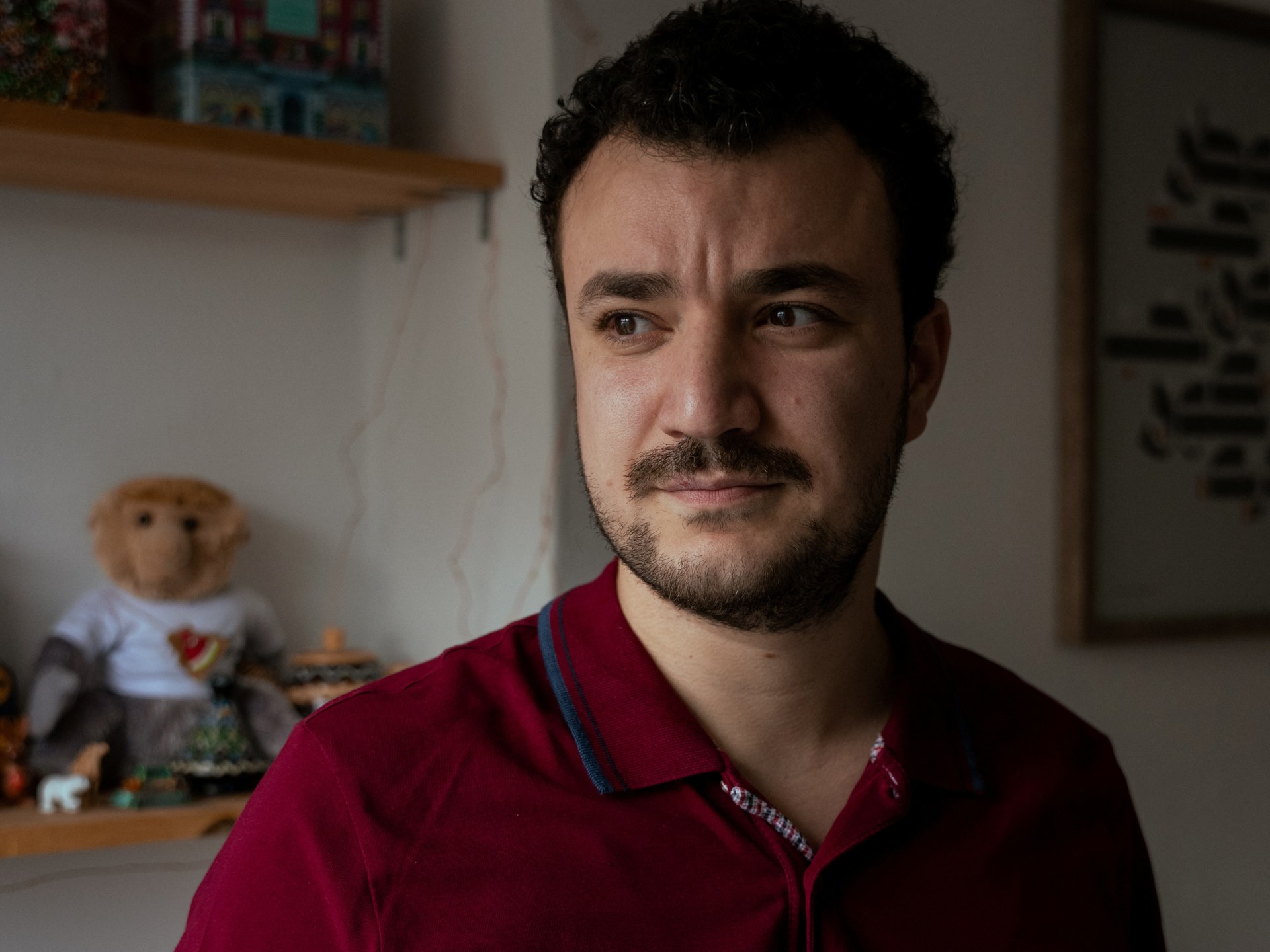Thursday’s court filings allege that the Trump administration smeared his reputation, maliciously prosecuted Khalil and unlawfully imprisoned him.
The claim names the United States Department of Homeland Security, Immigration and Customs Enforcement (ICE) and the Department of State as defendants.
In an interview with The Associated Press (AP), Khalil said he hopes his claim will show that the Trump administration cannot bully activists into silence.
“They are abusing their power because they think they are untouchable,” Khalil said. “Unless they feel there is some sort of accountability, it will continue to go unchecked.”
Thursday’s claim is likely to be the precursor to a full-fledged lawsuit under the Federal Tort Claims Act.
Khalil, who served as a spokesperson for the pro-Palestinian protests at Columbia University, said he plans to use any money he receives from his claim to help other activists whose speech Trump has attempted to suppress.
He also told the AP he would accept an apology and a revision of the Trump administration’s deportation policies. Khalil himself continues to face deportation proceedings as a result of his activism.
What happened?
Born to Palestinian parents in Damascus, Syria, Khalil was a face for the Palestinian solidarity movement in the US after the start of Israel’s war on Gaza in October 2023.
United Nations experts and human rights groups have warned that Israel’s tactics in Gaza are “consistent with genocide”, and Columbia University became the epicentre for global, student-led protests.
“I’m one of the lucky ones who are able to advocate for the rights of Palestinians, the folks who are getting killed back in Palestine,” Khalil told Al Jazeera in May 2024.
But Trump campaigned for a second term on pledges to crack down on immigration to the US and stamp out the antiwar protests, which he described as anti-Semitic.
Upon taking office in January, Trump issued executive orders setting the stage for the removal of foreign nationals deemed to have “hostile attitudes” towards the US or who were accused of supporting “threats to our national security”.
One of the orders instructed federal authorities to take “actions to remove such aliens” from the US.
“To all the resident aliens who joined in the pro-jihadist protests, we put you on notice: come 2025, we will find you, and we will deport you,” Trump wrote at the time. “I will also quickly cancel the student visas of all Hamas sympathizers on college campuses, which have been infested with radicalism like never before.”
Khalil was the first major arrest in Trump’s crackdown on the student protesters. Video shot by his pregnant wife, Noor Abdalla, on March 8 shows plain-clothed immigration officers handcuffing Khalil and leading him out of his university apartment complex in New York City.
He was swiftly moved from New York to New Jersey and then to Louisiana, where he was held at the LaSalle Detention Center in Jena ahead of his planned deportation.
Inside the legal proceedings
Lawyers for Khalil, however, swiftly filed two challenges: one against his deportation and one against his detention, in what is called a habeas corpus petition.
Because of the swift and clandestine nature of his departure to Louisiana, Khalil’s lawyers have said they did not know where their client was in the initial days after his arrest. Khalil is a permanent US resident, and his wife a citizen.
To justify his deportation, US Secretary of State Marco Rubio invoked a rarely used provision in the Immigration and Nationality Act of 1952. That provision allows the secretary of state to remove any foreign nationals he believes to have “potentially serious adverse foreign policy consequences for the United States”.
Khalil has not been charged with any crime. The US, however, is a close ally of Israel and has provided military support to its campaign in Gaza, which has killed at least 57,762 people.
On March 9, shortly after Khalil’s arrest, the Department of Homeland Security also issued a statement accusing Khalil of anti-Semitism, citing Trump’s executive orders.
“Khalil led activities aligned to Hamas, a designated terrorist organization,” the statement said. “ICE and the Department of State are committed to enforcing President Trump’s executive orders and to protecting US national security.”
Trump himself called Khalil a “Radical Foreign Pro-Hamas Student” and a “terrorist sympathizer”.
“This is the first arrest of many to come,” the president wrote on social media. “We know there are more students at Columbia and other Universities across the Country who have engaged in pro-terrorist, anti-Semitic, anti-American activity.”
But Khalil and his legal team have accused the Trump administration of violating his constitutional rights to free speech.
Since Khalil’s arrest, other foreign students have been arrested too, including Mohsen Mahdawi and Rumeysa Ozturk, who was reportedly imprisoned for writing an opinion article in her student newspaper against Israel’s war.
On June 20, a judge in New Jersey ordered Khalil’s release. He missed the birth of his first child while incarcerated.














Leave a Reply